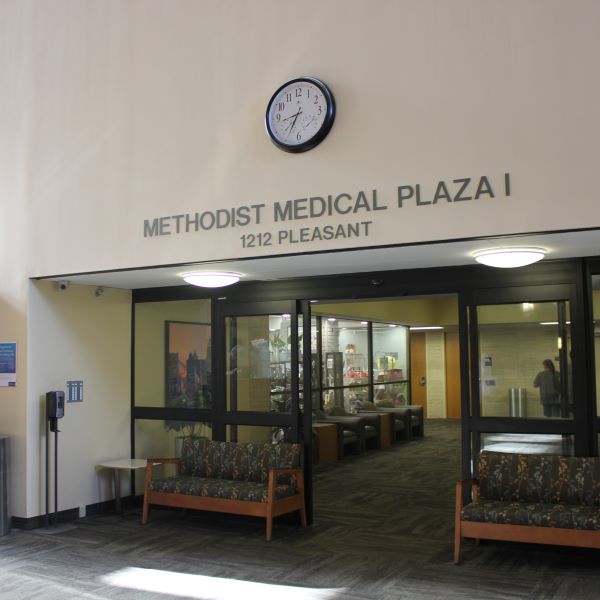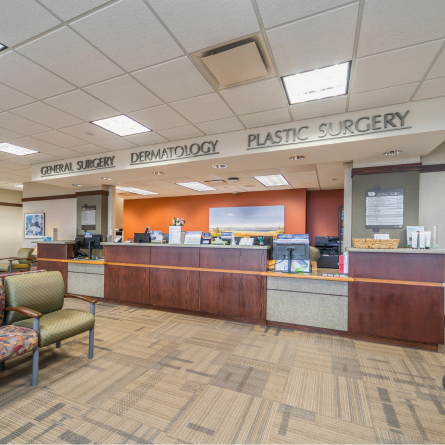Inflammatory Bowel Disease Medical Expertise
The IBD Center brings together experts from six different areas to develop a comprehensive treatment plan just for you. Every member of our team is committed to helping you manage this life-long disease.
Surgical Management
Colorectal surgeons are a core part of your care team, providing personalized treatment to remove disease and restore function.
Medical Management
Treating IBD is complex and can change throughout your life. We work with you to manage your symptoms and minimize flare-ups.
Colorectal Physicians & Providers
Find IBD care at an Iowa Clinic location nearest to you.
IBD providers are conveniently located at campuses in or near the Des Moines metro area












